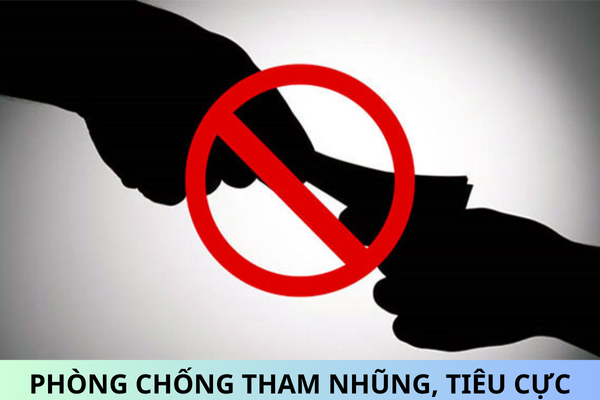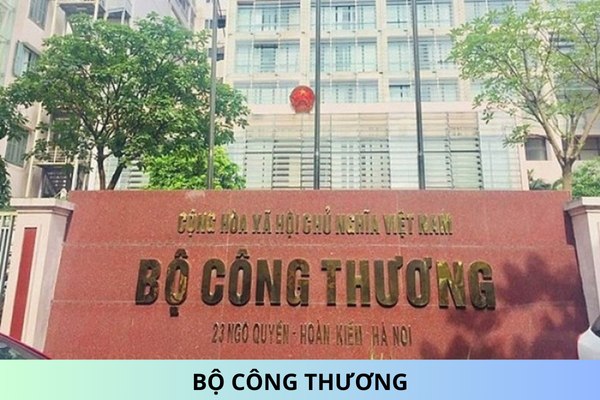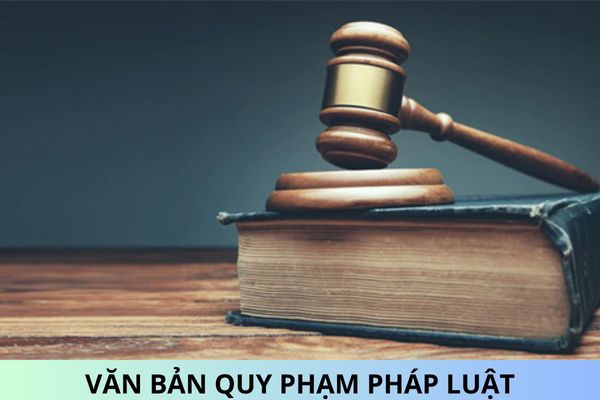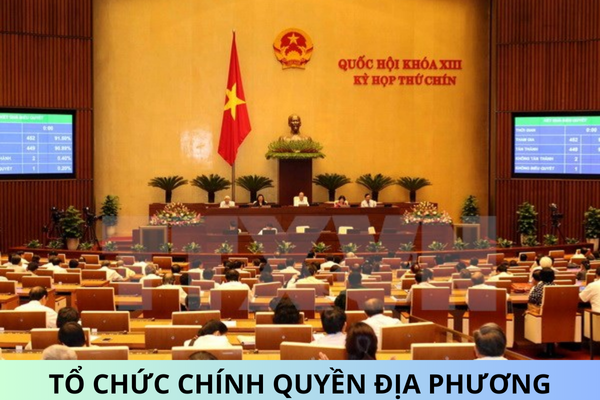What are answer keys of the second examination of the Contest on Understanding the Book "Kiên quyết, kiên trì đấu tranh phòng, chống tham nhũng, tiêu cực" written by the Late General Secretary Nguyen Phu Trong in Quang Nam Province of Vietnam?
What are answer keys of the second examination of the Contest on Understanding the Book "Kiên quyết, kiên trì đấu tranh phòng, chống tham nhũng, tiêu cực" written by the Late General Secretary Nguyen Phu Trong in Quang Nam Province of Vietnam?
Quang Nam launched an online contest exploring the book "Kiên quyết, kiên trì đấu tranh, phòng, chống tham nhũng, tiêu cực, góp phần xây dựng Đảng và Nhà nước ta ngày càng trong sạch, vững mạnh" by the late General Secretary Nguyen Phu Trong.
The contest is organized into 5 rounds; each round lasts 1 week, starting on October 21, 2024, and ending on November 24, 2024. The time for each round starts at 9:00 AM on Monday and ends at 5:00 PM on Sunday; participants answer 20 questions and 1 prediction question about the number of participants in the round.
Below are the answers for the second exam of the Contest Exploring the Book "Resolute and Persevering in Combating Corruption and Negativity" by the Late General Secretary Nguyen Phu Trong in Quang Nam Province:
-
Inspection, supervision, audit, and checks must be carried out regularly, comprehensively, and publicly, with a focus on certain areas. Into which areas should these focus?
All A, B, C
-
"The Inspection and Supervision Teams of the Steering Committee must be exemplary, honest, able to identify issues, avoiding superficiality; through inspection, they should create positive changes for localities and establishments" was a statement made by the late General Secretary Nguyen Phu Trong at which session of the Central Steering Committee on Anti-Corruption and Negative Phenomena?
16th session on July 26, 2019
-
What is the goal of anti-corruption and negativity work stated in the writing "Combating Corruption and Negativity: A Necessary, Inevitable Task; An Irreversible Trend!" by the late General Secretary Nguyen Phu Trong?
To cleanse the Communist Party and state apparatus, for national development
-
In the period 2012 - 2022, how many cases and defendants have the competent authorities first-instance tried for corruption offenses?
2,439 cases/5,647 defendants
-
At which meeting did the Central Executive Committee decide on the policy to establish the Central Steering Committee on Anti-Corruption directly under the Politburo?
Fifth meeting of the 11th Central Executive Committee
-
In the article "A Painful Truth", what did the late General Secretary Nguyen Phu Trong say we must resolutely denounce?
Acts of abusing authority to embezzle, steal public assets, severely wasting state and collective assets to live a luxurious and indulgent life
-
In the writing "Public Property, Private Interests" by the late General Secretary Nguyen Phu Trong, as a pioneering fighter for the cause of building socialism, what should Party members do above all?
All A, B, C
-
In the article "The Fear of Responsibility" by the late General Secretary Nguyen Phu Trong, how do those afraid of responsibility typically behave?
Work in a minimal way just to “fulfill duties”, only avoiding major mistakes
-
What is the law of existence and development of the Communist Party affirmed in the article "Some Lessons on Building the Communist Party in the Renewal Years" by the late General Secretary Nguyen Phu Trong?
Continuously self-renew and self-rectify
-
Why must we steadfastly adhere to the leadership of the Communist Party, considering it a principle issue?
The leadership of the Communist Party is a factor ensuring the socialist orientation of the market economy and all social activities
-
To improve the effectiveness of recovering corrupt assets, what does the late General Secretary Nguyen Phu Trong require the competent authorities to do?
Focus on tracing, promptly apply coordinated measures to thoroughly recover corrupt assets from the inspection, examination, audit, prosecution, investigation, trial, and execution stages
-
The Central Steering Committee on Anti-Corruption and Negative Phenomena is directly under?
The Politburo
-
What did the late General Secretary Nguyen Phu Trong require of Party committees to thoroughly understand the viewpoint of "people-centered"?
Motivate, organize, and create favorable conditions for the People to regularly participate in building the Communist Party
-
In the writing “Resolutely and Persistently Implementing with the Highest Political Determination to Prevent and Push Back Degradation", what spirit of the 12th Central Committee Resolution 4 did the late General Secretary Nguyen Phu Trong mention?
Must act, act practically, clearly effectively; avoid saying much but doing little or only saying without doing
-
According to the late General Secretary Nguyen Phu Trong, why is the work of building the Communist Party even more important in the current and long-term stage and cannot be overlooked or underestimated?
All A, B, C
-
What decisive issue to strengthen the relationship between the Communist Party and the masses is stated in the article "Priceless Historical Lesson" by the late General Secretary Nguyen Phu Trong?
The Communist Party must truly care deeply about the lives and interests of the masses; truly respect and promote the collective ownership rights of the masses; consolidate and build a clean party organization, overcome negative phenomena in officials and party members, making the Communist Party truly worthy as the leader and loyal servant of the people
-
What is the purpose of dealing with corruption and negativity?
Curing diseases to save people
-
What is the general direction for building and rectifying the Communist Party today in the article "Building a Clean and Strong Communist Party - A Condition to Ensure and Strengthen the Role of Leadership of the Communist Party" by the late General Secretary Nguyen Phu Trong?
All A, B, C
-
What is the crucial matter to ensure that the Communist Party is truly cohesive in organization, united, and has high combat capability?
Properly implement the principle of democratic centralism
-
In the work of combating corruption and negativity, which principle must be comprehensively followed?
If there is a case, it must be investigated thoroughly; energetically, swiftly clarified, applied to the extent found, addressing both corruption and negligence, cover-up for corruption and negativity, intervening, obstructing the fight against corruption and negativity
Note: The answers for the second exam of the Contest Exploring the Book "Kiên quyết, kiên trì đấu tranh phòng, chống tham nhũng, tiêu cực" by the Late General Secretary Nguyen Phu Trong in Quang Nam Province are for reference only!

What are answer keys of the second examination of the Contest on Understanding the Book "Kiên quyết, kiên trì đấu tranh phòng, chống tham nhũng, tiêu cực" written by the Late General Secretary Nguyen Phu Trong in Quang Nam Province of Vietnam? (Image from the Internet)
What are considered acts of corruption in Vietnam?
Based on Article 2 of the Law on Anti-Corruption 2018, the corrupt acts are specified as follows:
[1] Corrupt acts in the state sector committed by persons with positions and powers in state agencies, organizations, and units include:
- Embezzlement of assets
- Bribery
- Abuse of position and power to appropriate assets
- Exploiting a position and power during task, duty execution for personal gain
- Abuse of power during task, duty execution for personal gain
- Exploiting a position and power to influence others for profit
- Counterfeiting in work for personal gain
- Giving bribes, mediating bribes to address work of agencies, organizations, units, or localities for personal gain
- Exploiting a position and power to misuse public assets for personal gain
- Harassment for personal gain
- Failing to perform or performing incorrectly, incompletely tasks, duties for personal gain
- Exploiting a position and power to cover for those committing legal violations for personal gain; obstructing, unlawfully intervening in supervision, inspection, audit, investigation, prosecution, trial, execution for personal gain
[2] Corrupt acts in the non-state sector committed by persons with positions and powers in enterprises and organizations outside the state sector include:
- Embezzlement of assets
- Bribery
- Giving bribes, mediating bribes to address work of their enterprises, organizations for personal gain
What Responsibility Does the Head of an Agency, Organization, or Unit Have in Anti-Corruption in Vietnam?
Based on Article 70 of the Law on Anti-Corruption 2018, the responsibility of the head of an agency, organization, or unit in anti-corruption is as follows:
Article 70. Responsibility of the head of an agency, organization, unit in anti-corruption
- Directing the implementation of the provisions at clause 1, Article 4 of this Law.
- Being exemplary, honest; strictly complying with the law on anti-corruption, code of conduct, professional ethics code, business ethics code.
- Held accountable for corruption occurring in the agency, organization, unit under their management and responsibility as stipulated at Articles 72 and 73 of this Law.
Thus, the responsibility of the head of an agency, organization, or unit in anti-corruption includes:
- Directing the implementation of the following:
+ Implement preventive measures against corruption; promptly detect and handle according to authority and suggest competent state agencies to handle corruption within the agency, organization, unit; implement other provisions of the law on anti-corruption
+ Protecting the legal rights and interests of persons raising, reporting, denouncing, accusing, providing information about corrupt acts
+ Receiving and promptly handling reports, denunciations, accusations, notifications about corrupt acts
+ Timely providing information and complying with the demands of competent agencies, organizations, units, and individuals during the process of detecting and handling corruption
- Being exemplary, honest; strictly complying with the law on anti-corruption, code of conduct, professional ethics code, business ethics code.
- Held accountable for corruption occurring in the agency, organization, unit under their management and responsibility according to regulations.










